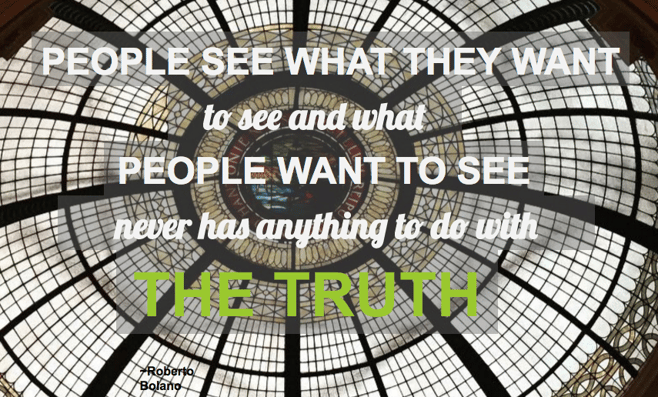“So how did yesterday’s meeting with Joe from ACME go?” I asked one of our coaching clients last week.
“Ehh, it was ok. Everyone involved in the project was in the room. But no one could tell me how much of a budget they had.”
“Awesome!” I said.
<Silence>
One of the most common questions we get from sales coaching clients is how to determine the budget from a buyer. When we tell them that budget is a trap and it’s better to work with a client who doesn’t have a budget, it's not unusual to hear a long pause on the other end of the line. And that doesn’t surprise us when a lot of sales training programs tout “You must find out their budget in order to qualify them for your product or service.” So when a salesperson hears that a budget has been approved, the 'trained' internal response is “Great! They are ready to buy from me!”
Or not. How many times have you heard, “Budget approved” and then been told “We need to get comparative quotes"? And just because there is no budget doesn’t meant that will not happen. But if you are the salesperson who talks to a buyer before there is a budget you have a few advantages.

4 reasons why no budget is better:
1- It indicates that they are early in their buying process.
The earlier you engage, the better the opportunity to help shape the standard and business case. You can help connect the dots between all the influencers, end users, and decision makers. More often than not, when a potential customer says that they have established a budget it could mean that they have done all of their internal meetings and come up with a number (using your competitor). You may not get the opportunity to meet with each and find out what they need from the solution. When budget is set, you are now an order taker, not a problem solver. Or worse, you are just the one that the CFO has said “It’s our policy to get some comparative quotes, don’t bother meeting with anyone else.”
2- You have the opportunity to challenge the status quo.
If they are moving from one solution to yours because they are unhappy with it, but they want to stay in the same budget- isn’t it logical to ask “Well, isn’t that asking for more of the same? If that solution didn’t solve the problem at that price, what has that really cost you?”
3- You can uncover the cost of consequences of doing nothing.
This is where real value can be established. When you find out the issues, who they are important to (and how important) then you can determine what the cost of the problem really is. Budget and the cost of your solution pale in comparison to the lost opportunity cost, or the impact to the bottom line.
4- You avoid the danger of having to discount.
If budget has been established, and it is less than the cost of your solution, you are going to be pressured to discount, which negates the value of your solution. And if it doesn't really solve the problem because you had to exclude certain benefits to fit in the budget, its a lose-lose situation. The buyer problem isn't solved, you get blamed, and then you have an unhappy customer.
The job of a salesperson is to be the connection between a problem and a solution. Budget is the means to an end. Buyers don't know what they don't know and because of that they may not have a budget that reflects the true value of a solution. With a budget, you're confined to that budget unless you can get to a real value to change it. But it's an uphill battle.
And from the buyers perspective, they may not know what it should cost, or even how big of a problem it is that they have. In their minds they may be thinking “I hope it doesn’t cost more than X.” but are anxious because they don’t know what it should cost, or what it is costing them.
If you find yourself in the budget rabbit hole, and you aren’t able to challenge it or find the cost of consequences, then you are probably better off finding some other opportunities where you aren’t just the comparable quote.
And if you find yourself in the budget battle situation more often than not, the problem might be you- not them. When you are unable to get to decision makers or establish the cost of consequences and find yourself having to discount a lot- it may be that you have a need for approval, or low money tolerance. Or if you are hearing “Budget approved” and think it’s a done deal and already thinking of ways to spend your commission check, it could be that you are getting emotionally involved. The mindset you have during the sales process has the most impact on your sales success.
The kicker is that it’s your buyer who suffers the most from your head trash. When you haven’t mastered the fundamentals of sales, you aren’t able to clearly see and understand your buyer and their problem and therefore aren’t able to help and add value. You see what you want to see. It's like trying to see what is coming through a stained glass window. It's too distorted to see the details.
If you really want to help buyers and be at your best-maybe it is time to something about that?






